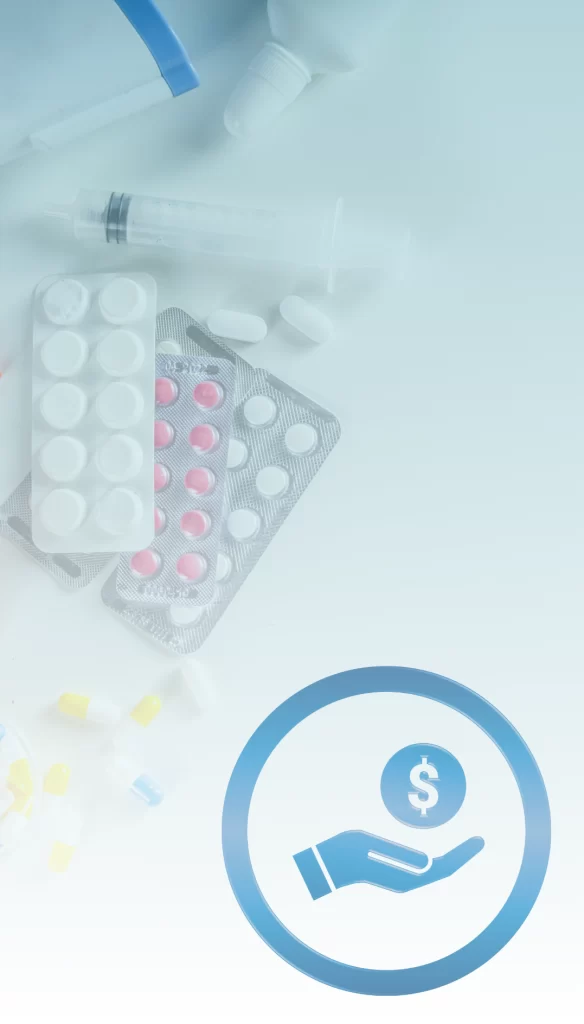
Dealing with Unpaid Bills in Pharmaceutical Wholesale
In the article ‘Dealing with Unpaid Bills in Pharmaceutical Wholesale,’ we delve into the complexities and challenges that wholesalers face when confronted with unpaid bills. We explore the multifaceted approach to debt recovery, which is crucial for maintaining financial stability and ensuring the continuity of business operations. This article outlines



